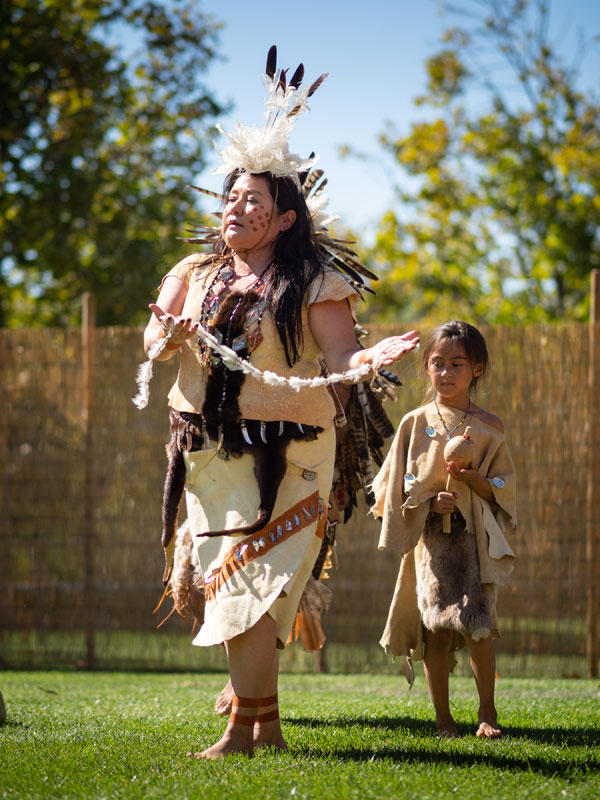
- Details
- By Native News Online Staff
The 15th annual Chumash Culture Day will be hosted on Facebook Live, featuring California-style Native American singing and dancing, from 1 p.m. to 2:30 p.m. on Saturday, October 23.
“We’re looking forward to presenting our collection of songs and dances from multiple California tribes to a wider audience through Facebook,” said Nakia Zavalla, Culture Director for the Santa Ynez Band of Chumash Indians, in a statement to the press. “In this format, viewers can watch our presentation when we go live on October 23, or they can watch it later at their leisure. We hope this will help expose more people, who may be curious about Native American culture, to our special Culture Day.”
The presentation will feature the tribe’s Samala Singers, dancers and contributions from several other tribes throughout California in a broadcast on the “SY Chumash Culture Day 2021” Facebook page, which can be found at https://bit.ly/sycultureday.
The program will begin with a calling of the ancestors, followed by remarks from Zavalla, songs and dances from the Santa Ynez Band of Chumash Indians’ Samala Singers, then a showcase of singers and storytellers from a variety of California tribes.
Want more Native News? Get the free daily newsletter today.
The Santa Ynez Band of Chumash Indians is located in Santa Barbara County, California. Its reservation was established and officially recognized by the federal government in 1901. Today, the Santa Ynez Band of Chumash Indians remains the only federally recognized Chumash tribe in the nation.
More Stories Like This
Native News Weekly (August 25, 2024): D.C. BriefsUS Presidents in Their Own Words Concerning American Indians
Native News Weekly (December 14, 2025): D.C. Briefs
Wounded Knee Massacre Site Protection Bill Passes Congress
Two Murdered on Colville Indian Reservation
Help us defend tribal sovereignty.
At Native News Online, our mission is rooted in telling the stories that strengthen sovereignty and uplift Indigenous voices — not just at year’s end, but every single day.
Because of your generosity last year, we were able to keep our reporters on the ground in tribal communities, at national gatherings and in the halls of Congress — covering the issues that matter most to Indian Country: sovereignty, culture, education, health and economic opportunity.
That support sustained us through a tough year in 2025. Now, as we look to the year ahead, we need your help right now to ensure warrior journalism remains strong — reporting that defends tribal sovereignty, amplifies Native truth, and holds power accountable.
 The stakes couldn't be higher. Your support keeps Native voices heard, Native stories told and Native sovereignty defended.
The stakes couldn't be higher. Your support keeps Native voices heard, Native stories told and Native sovereignty defended.
Stand with Warrior Journalism today.
Levi Rickert (Potawatomi), Editor & Publisher

